6 Free Astrobiology transparent PNG images
Welcome to our Astrobiology image collection, featuring 6 free AI-generated images. Dive into a diverse array of stock photos, 3D objects, vectors, and illustrations that explore the fascinating intersection of astronomy and biology. Enjoy high-resolution downloads and use our 'open in editor' feature to customize prompts for your perfect astrobiological image.
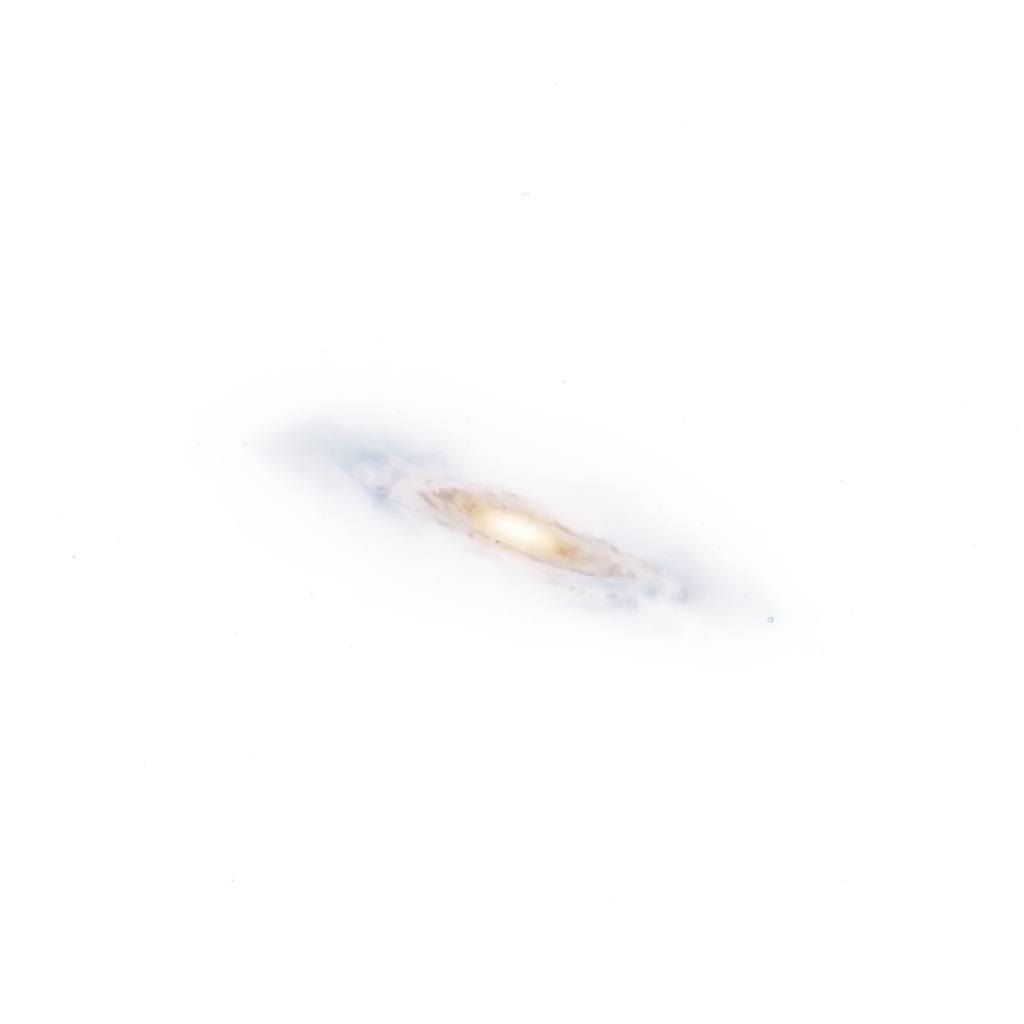
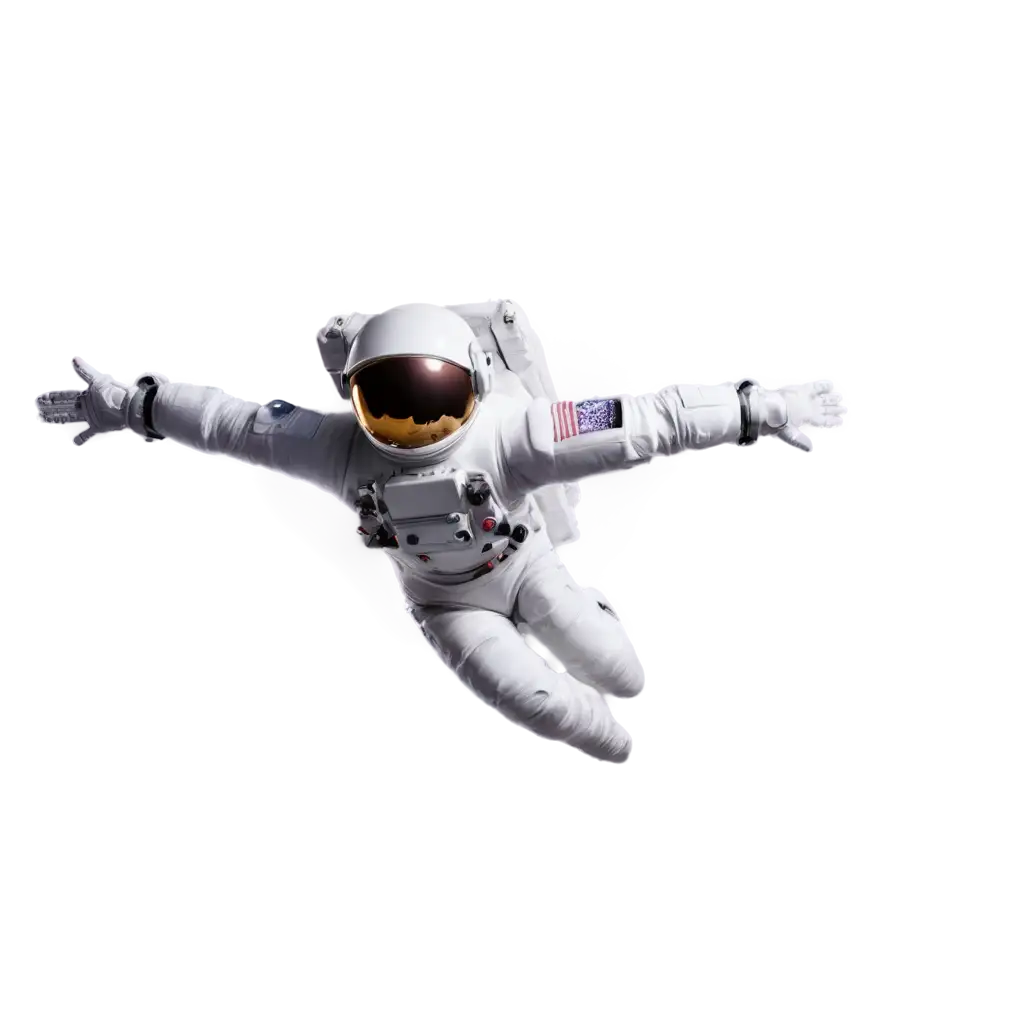
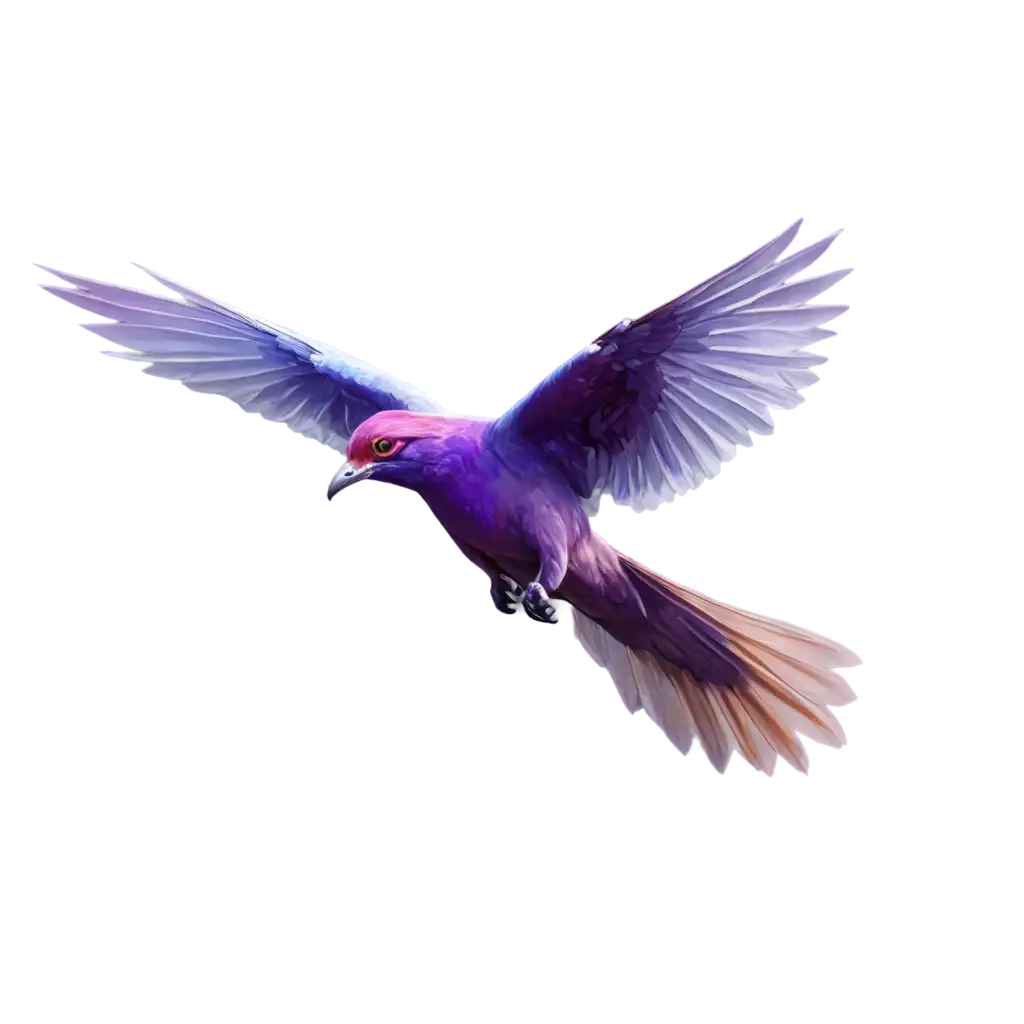
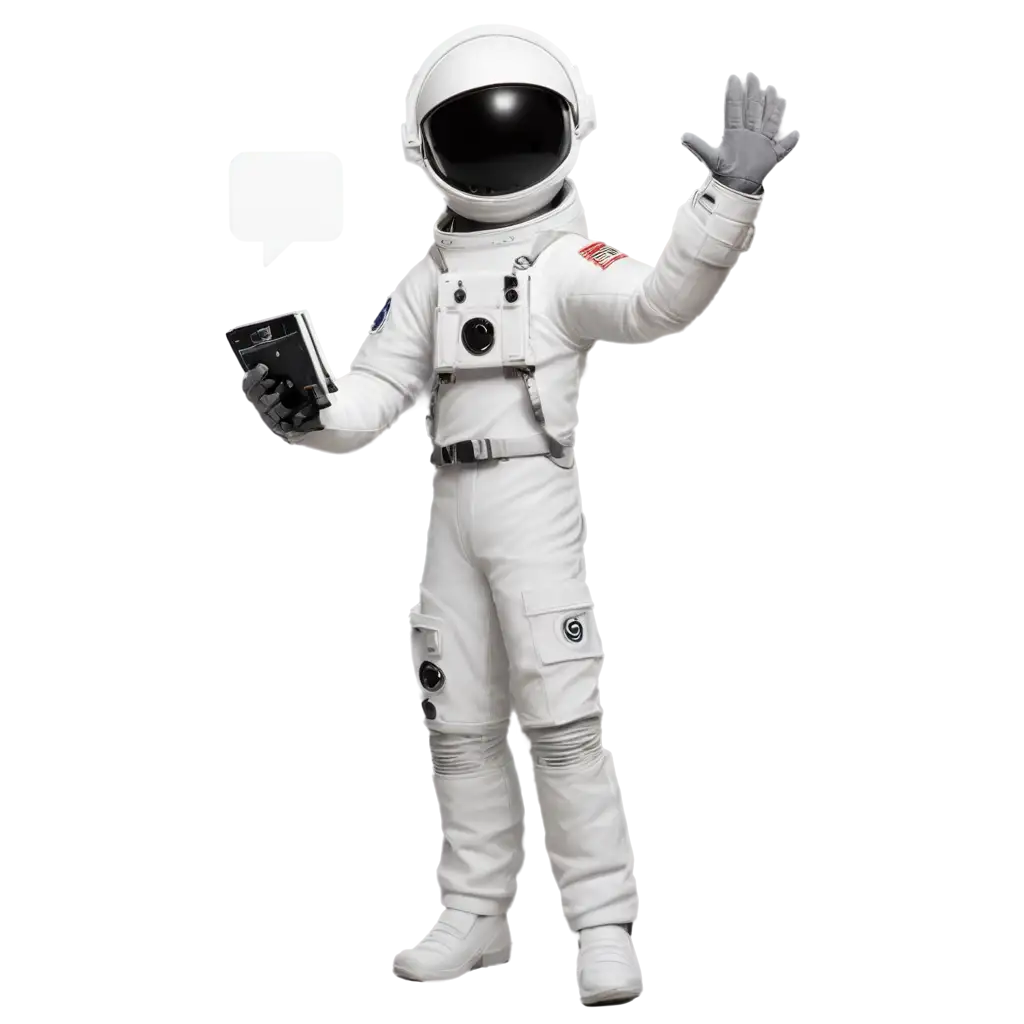
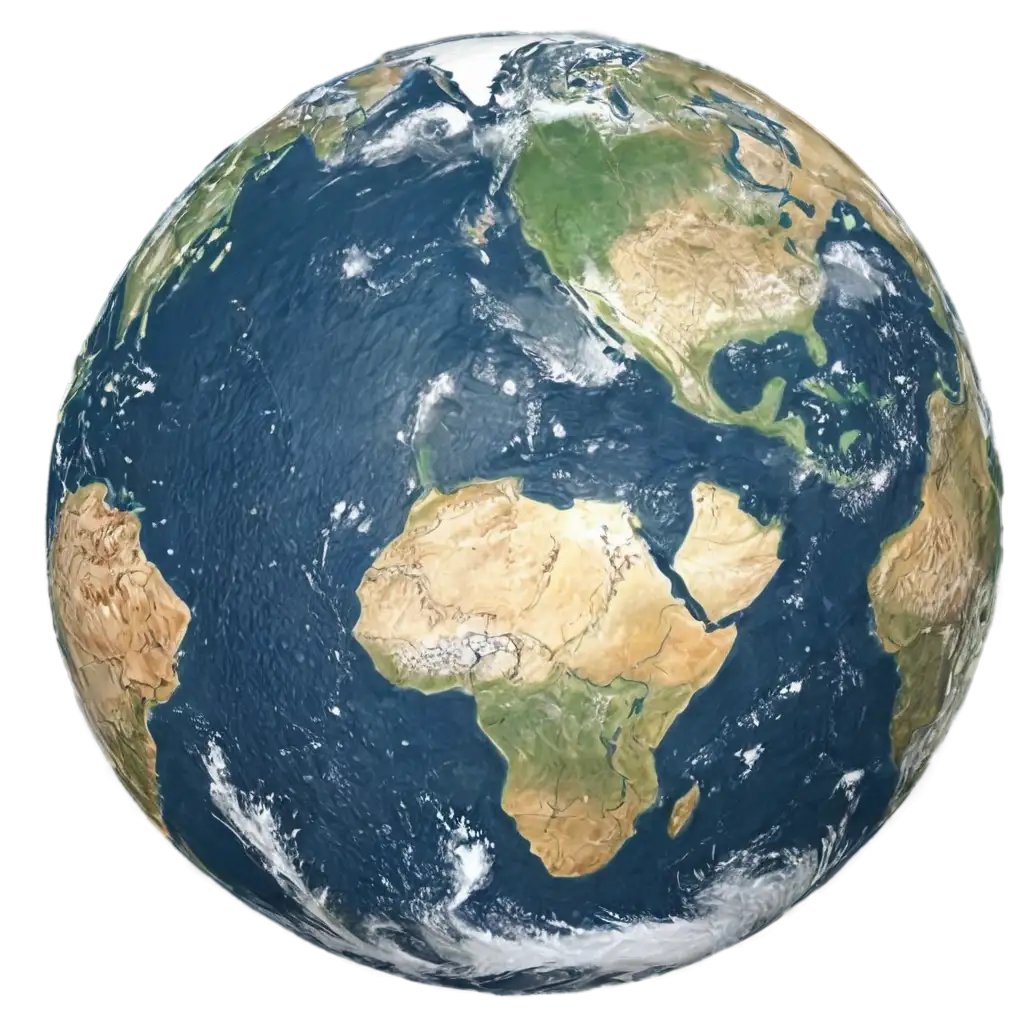
Astrobiology is the interdisciplinary scientific field dedicated to understanding the origin, evolution, and distribution of life in the universe. It combines knowledge from astronomy, biology, chemistry, geology, and planetary science to explore the potential for life on other planets and moons. The field gained prominence in the late 20th century as space exploration advanced, allowing scientists to study environments beyond Earth. Astrobiologists investigate extreme environments on Earth as analogs for potential extraterrestrial habitats, study the chemical signatures of life, and develop technologies to detect biosignatures on other celestial bodies.
Astrobiology: The Quest for Life Beyond Earth
Astrobiology encompasses several key research areas. These include the study of extremophiles - organisms that thrive in extreme conditions on Earth, the search for exoplanets in the 'habitable zone' of their stars, and the analysis of potential biosignatures in planetary atmospheres. Other important concepts include panspermia - the hypothesis that life could spread through space via asteroids or comets, and the study of prebiotic chemistry to understand how life might arise from non-living matter. Astrobiologists also focus on developing instruments for space missions to detect signs of past or present life, such as the instruments aboard NASA's Mars rovers.
Key Concepts and Research Areas in Astrobiology
Astrobiology has significantly influenced space exploration strategies and captivated public imagination. NASA's 'Follow the Water' approach to Mars exploration is directly inspired by astrobiological principles, as liquid water is considered essential for life as we know it. The discovery of exoplanets and the possibility of finding Earth-like worlds has sparked intense public interest and scientific endeavor. Astrobiology has also influenced popular culture, inspiring science fiction works like 'The Andromeda Strain' by Michael Crichton and 'The Expanse' series. The field continues to push the boundaries of our understanding of life and our place in the universe, driving technological innovations and philosophical discussions about our cosmic significance.
Astrobiology's Impact on Space Exploration and Public Imagination
The future of astrobiology is marked by exciting developments and emerging research trends. One key area is the use of advanced spectroscopic techniques to detect potential biosignatures in exoplanet atmospheres, which will be enhanced by next-generation space telescopes. Another trend is the increasing focus on ocean worlds like Europa and Enceladus as potential habitats for extraterrestrial life. The field is also seeing a growing emphasis on 'agnostic biosignature' detection - methods to identify life that may not share Earth's biochemistry. Additionally, there's an increasing interest in the ethical implications of discovering extraterrestrial life and the potential for human contamination of other worlds. As technology advances and our understanding deepens, astrobiology continues to expand our perspective on life and its place in the cosmos.
Future Frontiers: Emerging Trends in Astrobiological Research